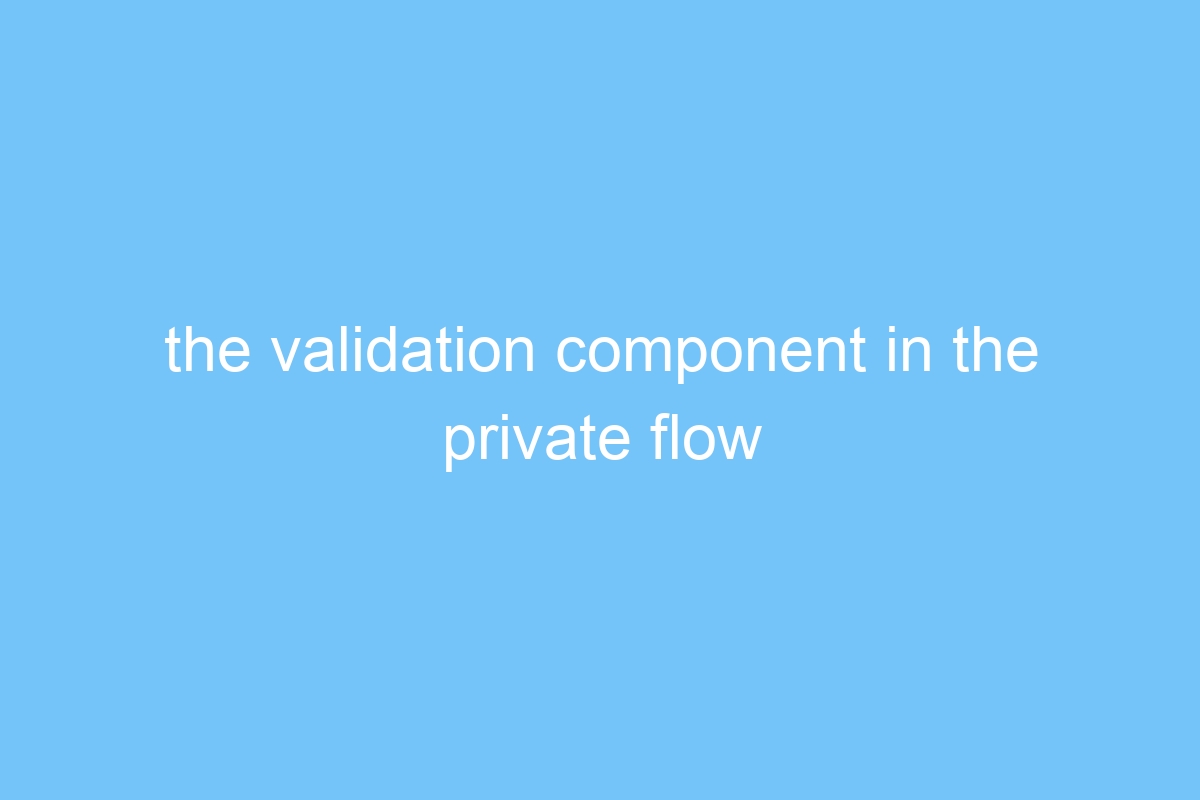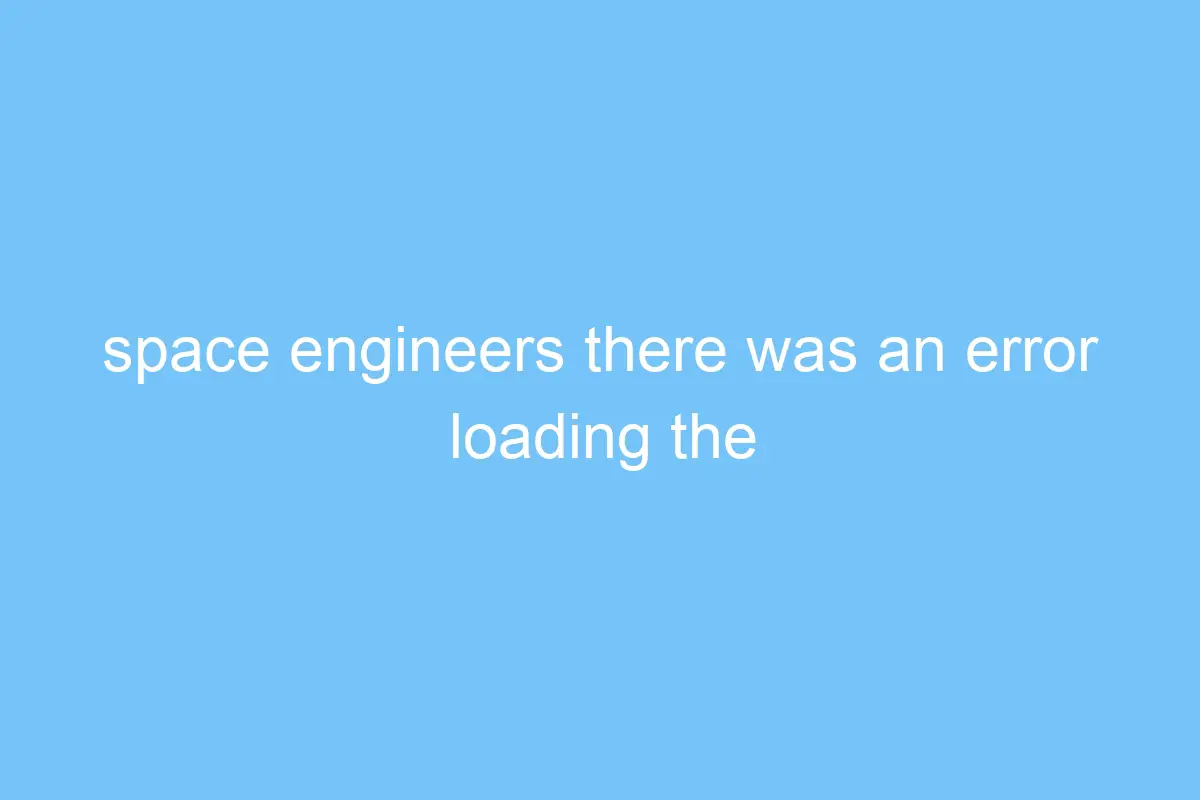the validation component in the private flow throws an error
Often you might get an error when the validation component of your private flow is not functioning properly. If this is the case, you should find out what’s wrong and how to fix it. There are several ways you can handle this issue. Here are some of them:
Flow has a central error handler that can be used to report application errors. These exceptions are grouped in a hierarchy based on their base exception classes. PHP catchable errors are automatically converted into exceptions in Flow to facilitate error handling. When an exception occurs, the central error handler displays the error message and shuts down the application gracefully. DebugExceptionHandler shows the call stack, backtrace, and method arguments.
The validation component in the private flow throws an exception when it encounters an unknown value. Whenever this happens, the private flow’s HTTP Listener responds with a response containing the error message. Alternatively, the developer can specify a custom error handler if the validation component fails. Then, the error handler can be used to determine the root cause of the error. This feature is particularly helpful if you’re dealing with large numbers of private flow requests.
When you’re evaluating a validation component in a private flow, make sure that it’s set to On-Error Continue. By using this method, you can prevent an error from causing a private flow to fail to process the next component. It also won’t trigger any other components after the flow-ref. The On-Error Continue method also allows you to change the payload that’s returned after an error is handled in the private flow.
If you have an exception in your private flow, the Mule framework will raise an event to indicate the error. The default error handler for a Mule flow is on-error-propagate. It returns the error response object and logs the information. The default error handler for the private flow will return a 500-level status code and log any error information. If you don’t specify the On-Error Continue value, Mule will continue executing all processors in the flow and throw an error.
In a private flow, the validation component should return a CSV. For example, an event returning an XML file has two types of payload: a JSON object with an XML payload and an HTTP Listener. A child flow returns a JSON object containing the city of Cleveland. The DataWeave expression in the parent flow’s DataWeave expression is correct. It also logs the content-type header in the JSON payload.




